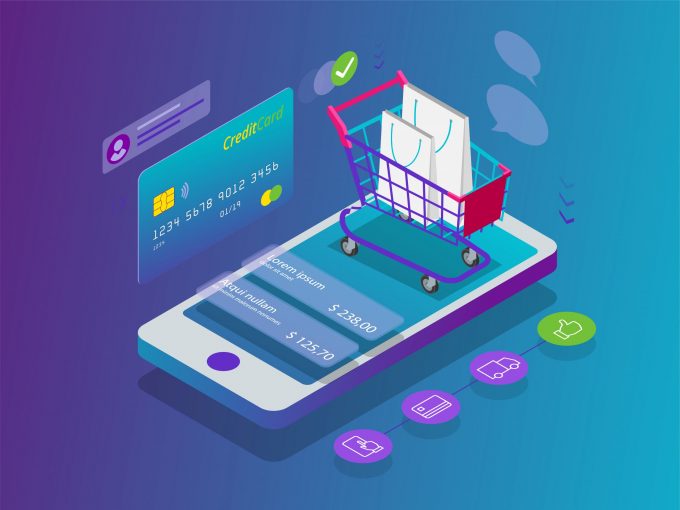Loadstar Podcast | July 2024 | Midsummer Special: What next for freight markets?
In this episode, The Loadstar Podcast examines the pivotal freight stories and trends shaping 2024. Host Mike King ...
TFII: SOLID AS USUALMAERSK: WEAKENINGF: FALLING OFF A CLIFFAAPL: 'BOTTLENECK IN MAINLAND CHINA'AAPL: CHINA TRENDSDHL: GROWTH CAPEXR: ANOTHER SOLID DELIVERYMFT: HERE COMES THE FALLDSV: LOOK AT SCHENKER PERFORMANCEUPS: A WAVE OF DOWNGRADES DSV: BARGAIN BINKNX: EARNINGS OUTODFL: RISING AND FALLING AND THEN RISING
TFII: SOLID AS USUALMAERSK: WEAKENINGF: FALLING OFF A CLIFFAAPL: 'BOTTLENECK IN MAINLAND CHINA'AAPL: CHINA TRENDSDHL: GROWTH CAPEXR: ANOTHER SOLID DELIVERYMFT: HERE COMES THE FALLDSV: LOOK AT SCHENKER PERFORMANCEUPS: A WAVE OF DOWNGRADES DSV: BARGAIN BINKNX: EARNINGS OUTODFL: RISING AND FALLING AND THEN RISING

Concerns over the security of data shared between digital platforms and their customers has led to shipper and forwarder associations calling for higher standards in data protection.
The Global Shippers Forum and the international federation of freight forwarders, FIATA, today issued a joint charter for the protection of shipper and forwarder data.
The charter lays out the rules and regulations shippers and forwarders should be aware of to ensure their data is protected when using independent transport operators’ platforms.
According to GSF director James Hookham: “We are looking to give members the tools they need to ask the right questions when using a platform.”
The charter is, in effect, a draft set of conditions for contracts that should help small and medium-sized shippers and forwarders in particular, to make sure they protected.
Mr Hookham said: “Visibility is an issue, as is the ability for platforms to mine data if those protections are not in place.
“Information necessary to effect shipments, accumulated over time, can give an insight into trading patterns of individual shippers.”
Industry veteran and retired freight forwarder Steve Walker told The Loadstar: “The industry has to accept that shippers, not shipping lines or airline or freight forwarders, own the data.”
He added that data ownership was the key issue and should guide the terms and conditions under which carriers handle customer data. There had been attempts by carriers to claim data in the past. In one instance, shippers using air cargo services were allowed to place, what Mr Walker called, “slip and tip devices” to cargo, which gave information on the orientation of the container, mechanical shocks and its whereabouts in the supply chain.
Airlines agreed to the devices being placed on the cargo, but claimed any data from these devices could be gathered by them, a condition that was non-negotiable.
“So, if there was an event that occurred during the shipping process and something went to court, you can’t have all the inside information that belongs to the shipper in the hands of the carrier,” explained Mr Walker.
Dr Stéphane Graber, director general of FIATA, said: “The key element for digital trade to work is through the creation of a network of trust.” For that trust to develop it is key to understand that every actor in the supply chain will own their own data.
“But they must define clearly what their partners can do with that data,” explained Dr Graber.
He said FIATA and GSF had liaised with a range of industry organisations over the past two years to develop the charter to “clearly define what industry partners can do with the data” entrusted to them.
Dr Graber explained that different standards would be developed to fit the needs of individual stakeholders, so it would be necessary to ensure there was “inter-operability between standards”.
He added: “The charter may trigger discussions by regulators to see if there needs to be a more institutionalised regulatory landscape.”
Comment on this article